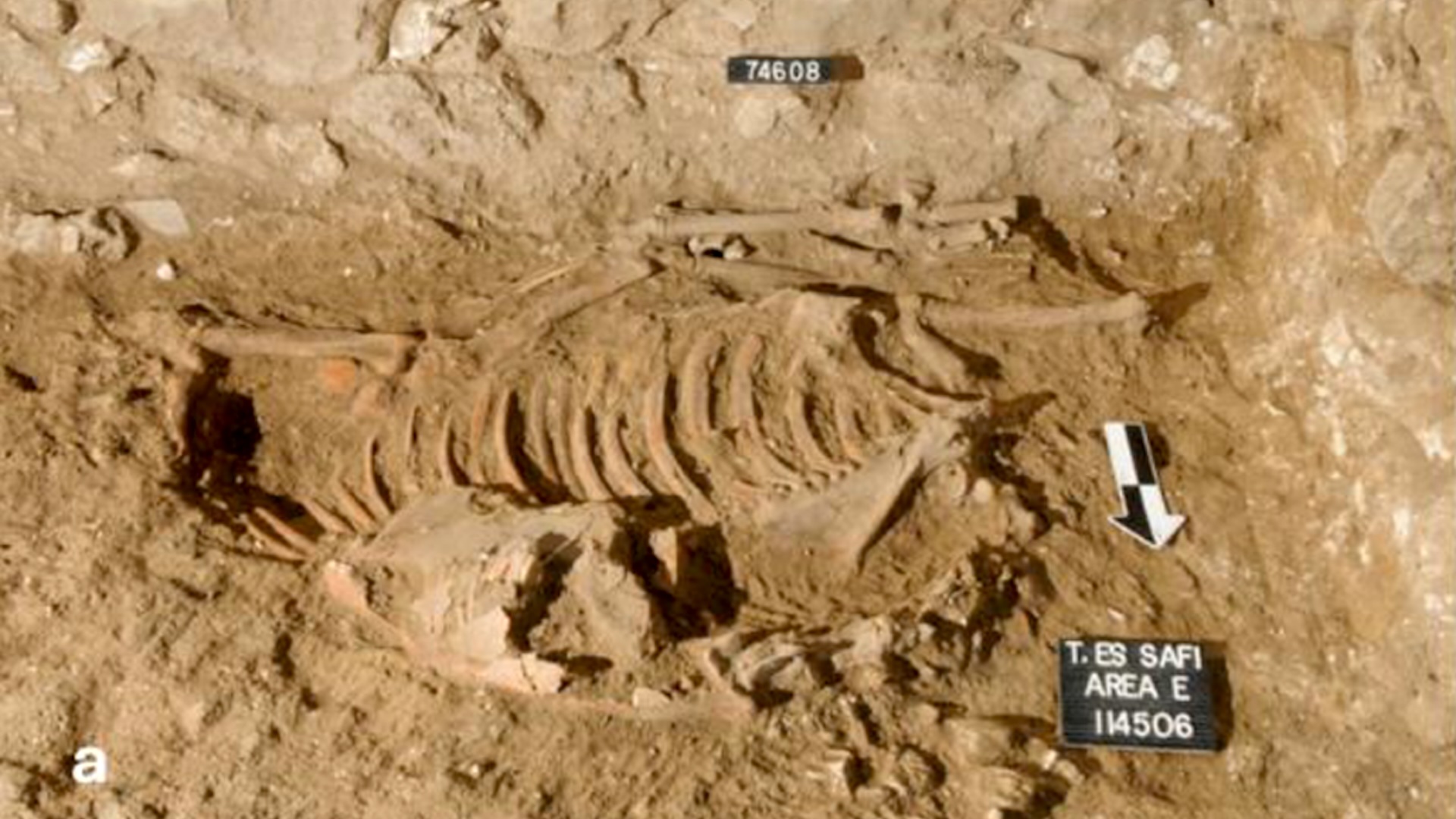Do Cell Phones Cause Brain Tumors? Tough Call

In one of the most over-reported non-findings in recent memory, the story of the day suggests there may well be a link between cell phone use and brain tumors. It's a scary, hot-button topic that makes for great headlines.
But in reality, there's very little there there.
Here's the news, as written by Healthday: "A review of existing research on the topic, published online Oct. 13 in the Journal of Clinical Oncology, discerned no overall link."
Yet here is the headline that went with that story: "Study Suggests Link Between Cell Phones and Brain Tumors."
Aaaaaahhh!!!
There has been much hullabaloo over this topic in past studies and statements. It flared up in the summer of 2008 when Ronald Herberman, director of the University of Pittsburgh Cancer Institute, warned his faculty and staff that cell phones might pose a cancer risk. What was lost on much of the public then was that Herberman also admitted there was no convincing evidence that cell phone radiation causes cancer.
In fact, as our Bad Medicine columnist Christopher Wanjek wrote then, "There's no convincing evidence that cell phone radiation causes cancer. Nor is there plausible biological or physical reasoning for why it would cause cancer." (Read Wanjek's thorough analysis of the hoaxes, marginal findings and scientific context related to all this. Even Einstein himself has a role.)
Get the world’s most fascinating discoveries delivered straight to your inbox.
So what gives? Well, in the review of studies announced today, some of the "higher quality studies" did show an associated risk. "Clearly there is risk," said Joel Moskowitz, the review study's lead author. "I would not allow children to use a cell phone, or I at least would require them to use a separate headset."
As expected, the cell phone industry sees things differently.
As the L.A. Times puts it: "The answer to the question of whether cell phones increase the risk of brain, head and neck tumors is truly a matter of whom you ask."
So, as with many scientific pursuits, more research is needed. And if ever there is found conclusively to be a risk, one might assume (based on the difficulty in finding it) that the risk will be relatively low. If that's the case, what will we do with the information? By far the riskiest thing we do each day is drive cars, and that fact is well documented. Yet drive, we do. I can't imagine an end to talking.
In The Water Cooler, Imaginova's Editorial Director Robert Roy Britt looks at what people are talking about in the world of science and beyond. Find more in the archives and on Twitter.
Robert is an independent health and science journalist and writer based in Phoenix, Arizona. He is a former editor-in-chief of Live Science with over 20 years of experience as a reporter and editor. He has worked on websites such as Space.com and Tom's Guide, and is a contributor on Medium, covering how we age and how to optimize the mind and body through time. He has a journalism degree from Humboldt State University in California.

